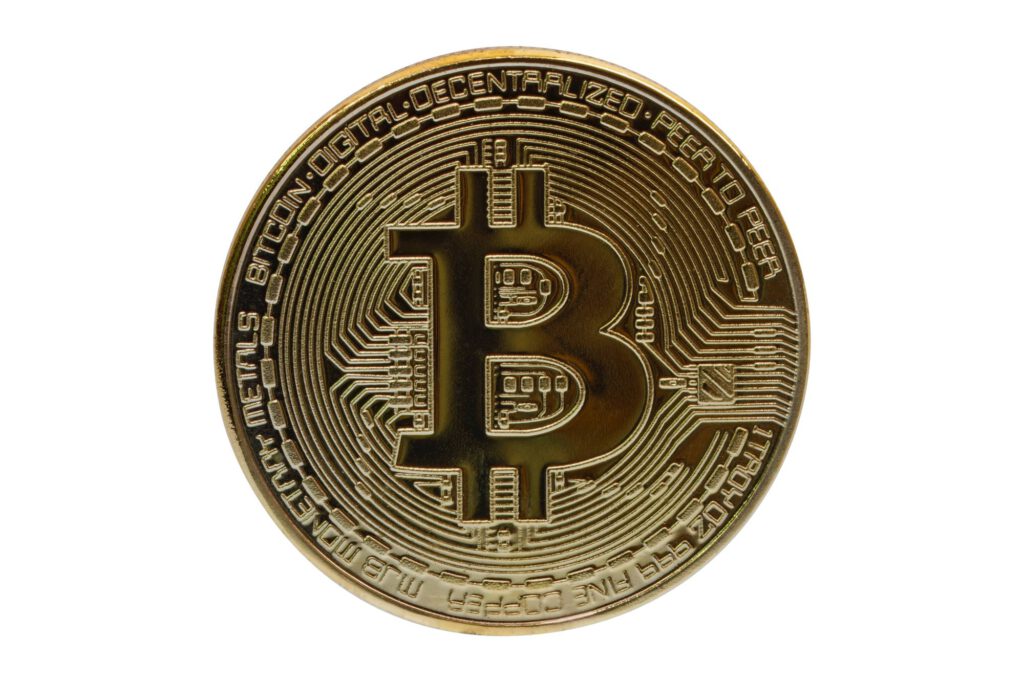On November 19, the Chamber of Deputies approved the bill that regulates the carbon market in Brazil, establishing the Brazilian Greenhouse Gas Emissions Trading System (SBCE). The text is now up for presidential approval and promises to be a milestone in the country’s environmental policy, in line with successful international practices.
The SBCE will be implemented gradually in five phases over six years and will regulate the buying and selling of carbon credits. These credits allow companies that emit fewer greenhouse gases than the established limit to sell surplus quotas on the market. Companies that exceed the limit will have to buy credits to offset their emissions, creating an economic mechanism to encourage more sustainable practices.
The bill defines two types of bonds: Brazilian Emission Quotas (CBEs) and Certificates of Verified Emission Reduction or Removal (CRVEs), both representing one ton of carbon dioxide equivalent. Companies with annual emissions of more than 10,000 tons will be subject to control, with increasing obligations for those that exceed 25,000 tons.
Highlights include exemptions for the agricultural sector and specific activities, such as basic sanitation, which will be exempt from certain obligations as long as they adopt practices to neutralize emissions.
In addition, the text provides for the inclusion of indigenous peoples, traditional communities and land reform settlers in the carbon market, broadening the democratization of the system.
The approval of the regulation represents a significant step for Brazil in the global agenda to combat climate change, promoting economic competitiveness with environmental responsibility.
The carbon market promises to encourage companies to reduce emissions while investing in innovative solutions for a more sustainable future.

Environmental Policy, Climate Change
Brazil’s carbon market regulation approved
The Chamber of Deputies has approved a bill to regulate the carbon market in Brazil, creating the Brazilian Greenhouse Gas Emissions Trading System (SBCE).


